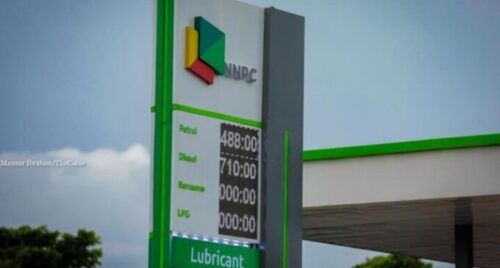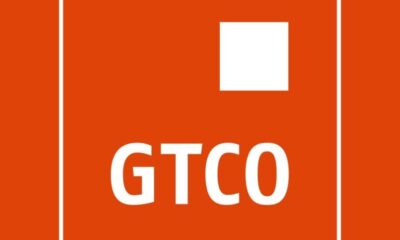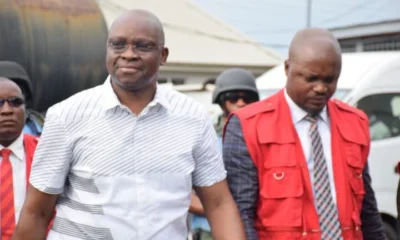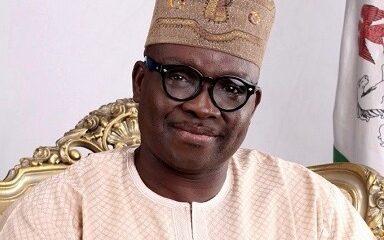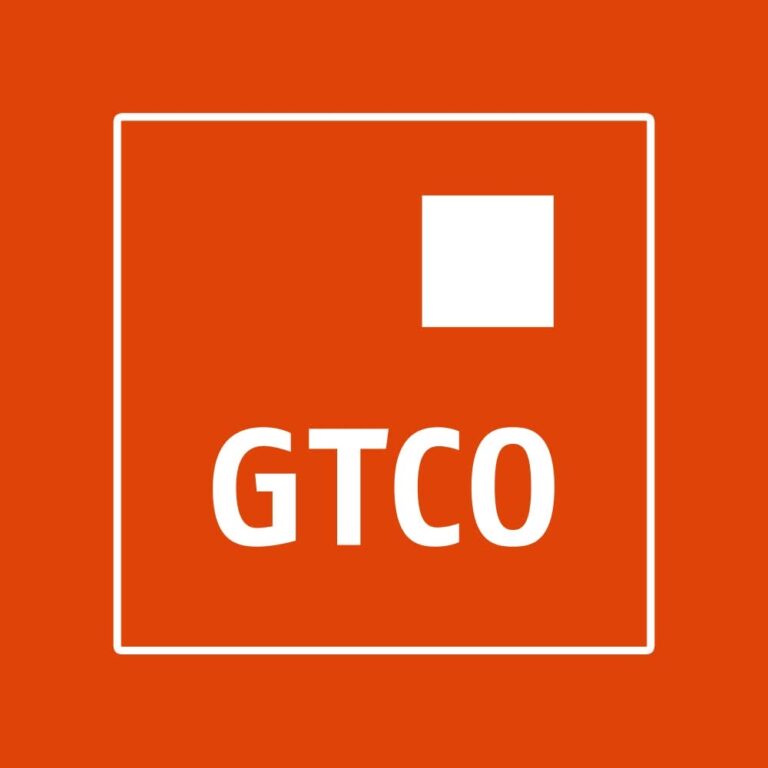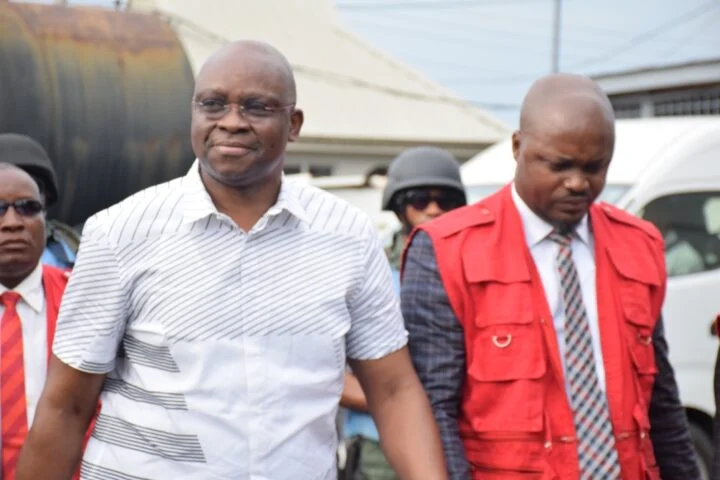Now that subsidy is gone, what is the plan?
Subsidies play a significant role in shaping economic policies in many countries, including Nigeria.
Subsidies are government incentives that aim to support specific industries or sectors by reducing the cost of goods or services.
However, the effect of subsidy removal on the Nigerian economy has been a subject of much debate and analysis.
Subsidies have long been used by the Nigerian government to support various sectors primarily the energy sector.
These subsidies are intended to stimulate economic growth, encourage investment, and alleviate the burden of high costs on consumers.
For instance, fuel subsidies have been implemented to ensure affordable prices for petroleum products, as Nigeria heavily relies on oil for its revenue.
Due to several imports, the subsidy on petrol has to be removed. For one the federal government cannot afford the subsidy payment anymore.
By removing subsidies, the government can redirect its spending towards more productive sectors.
The funds that were previously allocated to subsidies can be channelled into infrastructure development, healthcare, education, and other critical areas that can foster long-term economic growth.
The removal of subsidy is good for the industry; growth will be engendered as several players can now play competitively, efficiency will become the cornerstone to build on and this will aid product delivery to the end users.
The removal of subsidies can promote economic efficiency by allowing market forces to determine prices and allocate resources more effectively.
When subsidies are in place, they can distort market signals, leading to inefficiencies and suboptimal resource allocation. By removing subsidies, the government can create an environment that encourages competition and innovation, driving economic growth in the long run.
That is just one way to look at it, according to economic analysts, the removal of subsidies will trigger a temporary spike in inflation as the prices of essential commodities rise. However, over time, the market will adjust to the new price equilibrium, and inflationary pressures may stabilize.
One of the primary concerns surrounding subsidy removal is its impact on low-income households. These households often heavily rely on subsidized goods for their daily needs.
When subsidies are removed, the cost of living may increase, posing challenges for vulnerable segments of society.
To counter this, the government is prepared to review several areas of the fiscal economy. The government is prepared to review the minimum wage and provide palliatives for the most vulnerable.
More importantly, the money recouped from subsidy will be reallocated into infrastructure development and social programs, fostering sustainable economic growth.
It might be hard at first, but we will cross this rubicon and the country will be better for it.
Frequently Asked Questions (FAQs)
1. When was fuel subsidy removed in Nigeria?
Contrary to popular opinion, the subsidy regime was ended by the assent to the Petroluem Industry Act by the then president, Muhammadu Buhari in February of 2022. However, the nation was not ready and the budgetary allocation continued into May of 2023 – the end of the Buhari administration.
2. How does subsidy removal impact inflation?
Subsidy removal can lead to short-term inflationary pressures as the prices of subsidized goods or services increase. However, over time, the market can adjust to the new price equilibrium, and inflation may stabilize.
3. Are there alternative measures to subsidy removal?
Yes, there are alternative measures that can be considered before resorting to subsidy removal. These include subsidy reforms, targeting subsidies to specific populations, improving subsidy delivery mechanisms, and implementing fiscal consolidation measures.
4. What are the potential social implications of subsidy removal?
Subsidy removal can have social implications, particularly for low-income households. The increased cost of living may pose challenges for vulnerable segments of society. However, by redirecting resources, the government can implement targeted social welfare programs to mitigate the adverse effects.
6. What are the long-term benefits of subsidy removal?
The long-term benefits of subsidy removal include improved fiscal sustainability, increased government revenue, reduced corruption opportunities, economic efficiency, and the reallocation of resources to critical sectors.

 BIG STORY2 days ago
BIG STORY2 days ago
 BIG STORY1 day ago
BIG STORY1 day ago
 BIG STORY3 days ago
BIG STORY3 days ago
 BIG STORY4 days ago
BIG STORY4 days ago
 BIG STORY2 days ago
BIG STORY2 days ago
 BIG STORY1 day ago
BIG STORY1 day ago
 BIG STORY1 day ago
BIG STORY1 day ago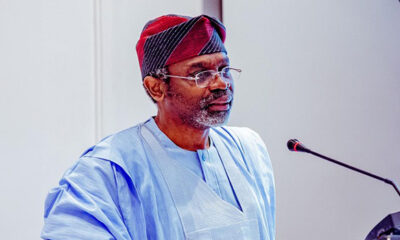
 BIG STORY4 days ago
BIG STORY4 days ago




